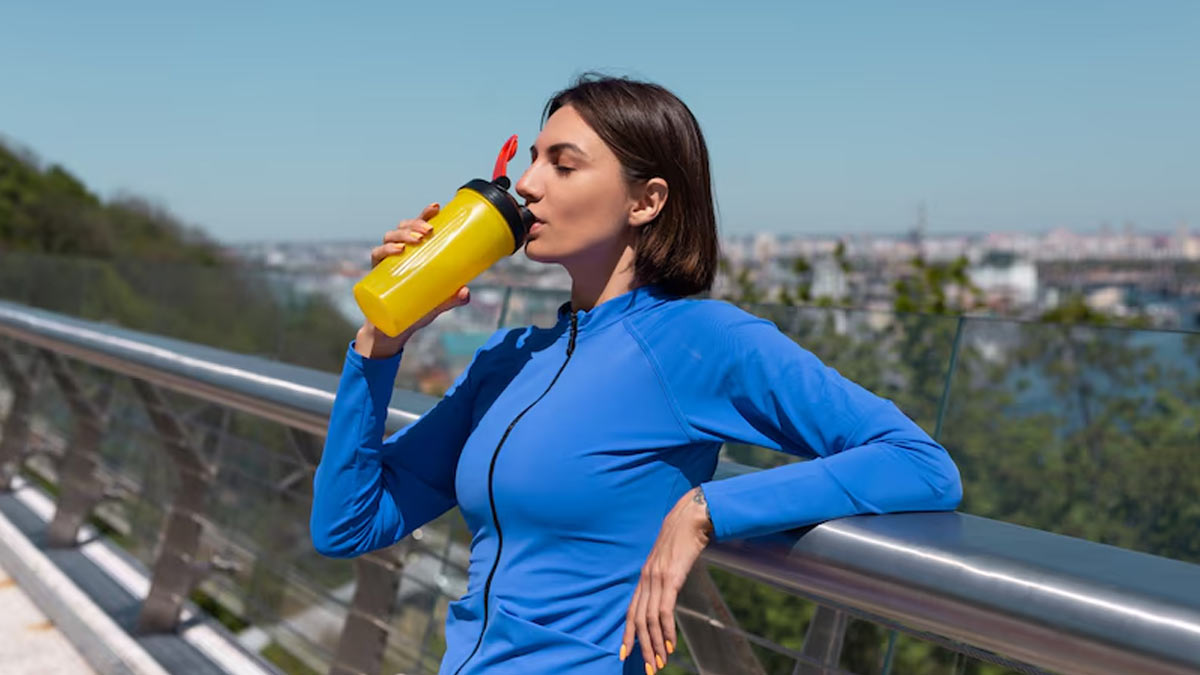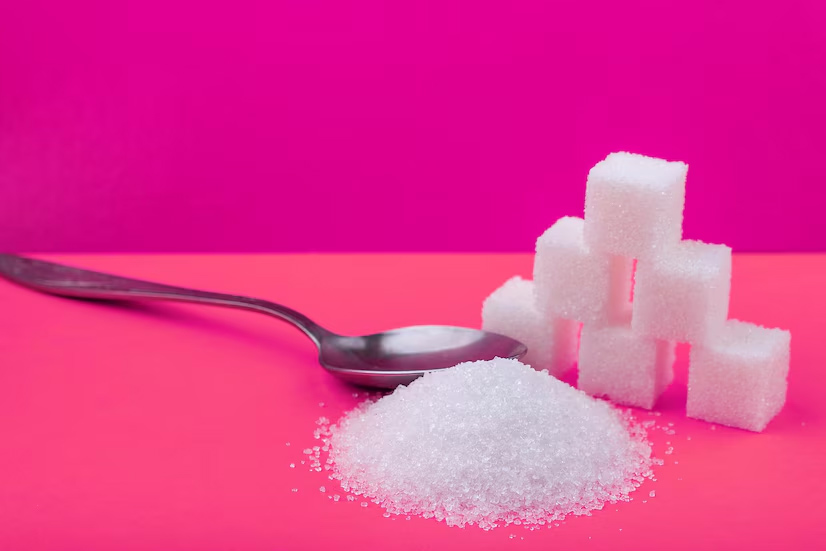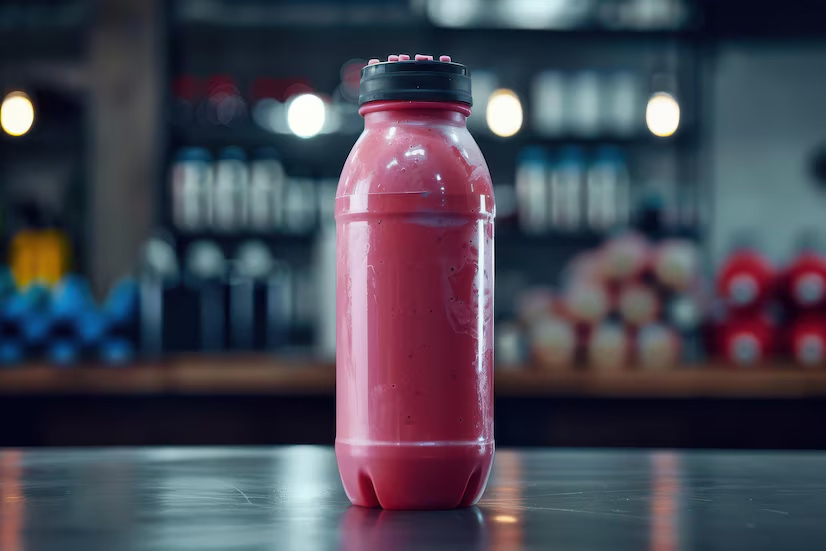
Sports drinks are often marketed as an essential part of post-workout recovery, but when it comes to short or moderate training sessions, they might do more harm than good. While these beverages are beneficial after long, intense exercise, they are not necessary—and could even be detrimental—after shorter workouts. Let’s break down why skipping the sports drinks after brief training is a smarter choice for your health.
Table of Content:-
Excess Sugar: The Hidden Problem
One of the primary concerns with sports drinks is their sugar content. A single bottle can contain more than 20 grams of sugar, which is equivalent to about five teaspoons. While sugar helps restore glycogen stores in your muscles after intense workouts, it is unnecessary after short training sessions. OnlyMyHealth interacted with Dr Aabid Amin, Medical Director and Consultant Internal Medicine at Ujala Cygnus Group of Hospitals, to understand why one should avoid sports drinks.
He explains, "For workouts lasting less than an hour, your body does not require the added sugar from sports drinks. The sugar in these drinks can contribute to excess calorie consumption and, if not used for energy, may eventually lead to weight gain."

The body’s natural stores of glycogen are rarely depleted after short-duration exercise, meaning you don’t need to rapidly restore them with sugar-laden drinks. Instead, consuming water and having a balanced post-workout meal is usually enough to meet your body’s needs.
Also read: Sports, Gym, Or Both: What Should You Choose?
Added Calories Without Benefit
For short workouts, particularly those under an hour, water is often all you need to rehydrate. Sports drinks are typically recommended for athletes who engage in prolonged physical activity like endurance running, cycling, or swimming. Dr Amin advises, "For moderate activities, the additional calories in sports drinks are unnecessary and may negate the benefits of your workout if you’re trying to manage your weight or overall caloric intake."
If your goal is to burn calories, adding unnecessary ones back in the form of sugary sports drinks can defeat the purpose of your workout.
Misconception About Electrolyte Loss
Sports drinks are designed to replenish lost electrolytes such as sodium and potassium. However, during short training sessions, you don’t lose enough electrolytes to warrant drinking these beverages. Dr Amin emphasizes, "Electrolyte loss is only significant during prolonged exercise or in extremely hot conditions where you sweat heavily. For everyday workouts under an hour, your regular diet should provide all the electrolytes you need."
In most cases, the body’s electrolyte balance can be maintained through food and water. There’s no need to rely on drinks that are packed with additives and excess sodium, especially if you’re not engaging in high-intensity activity.

Dental Health Risks
Another downside to frequent sports drink consumption is its effect on dental health. The sugar and acidity in these beverages can lead to tooth decay and enamel erosion. "Many people don’t realize the long-term damage these drinks can cause to their teeth," Dr Amin warns. "Consuming them regularly, especially when they are not necessary, increases the risk of cavities and other dental problems."
Also read: Gym Essentials: From Basics To Sports Necessities
Artificial Ingredients and Additives
Sports drinks often contain artificial flavors, colors, and preservatives that offer no nutritional benefits. Over time, consuming such additives may have unknown long-term effects on your health. Opting for water or natural recovery foods is a cleaner, healthier choice after a short training session.
Lack of Nutrient Replenishment
Sports drinks are typically low in other essential nutrients, such as vitamins and protein, which are crucial for muscle recovery and repair. After a workout, especially a short one, it’s more beneficial to focus on consuming a balanced meal that includes lean protein, healthy fats, and complex carbohydrates. "Instead of reaching for a sports drink," Dr Amin suggests, "a post-workout snack like yogurt with fruit or a handful of nuts can provide the nutrients your body actually needs for recovery".

Avoid Blood Sugar Spikes
Another reason to avoid sports drinks after short sessions is their impact on blood sugar levels. The high sugar content can cause a rapid spike, followed by a quick drop, which can lead to fatigue or hunger shortly after. Maintaining stable energy levels post-exercise is key to recovery, and water along with a balanced meal or snack will support this better than a sugar-filled drink.
Conclusion
For short or moderate physical activity, sports drinks are unnecessary and may even hinder your health goals. Dr Aabid Amin sums it up well: "For most people, plain water is the best way to rehydrate after a short workout. It replenishes fluids without adding calories, sugar, or unnecessary chemicals." Instead of falling for the marketing hype around sports drinks, stick to water and a nutrient-dense meal to support proper recovery and overall well-being.
Also watch this video
How we keep this article up to date:
We work with experts and keep a close eye on the latest in health and wellness. Whenever there is a new research or helpful information, we update our articles with accurate and useful advice.
Current Version